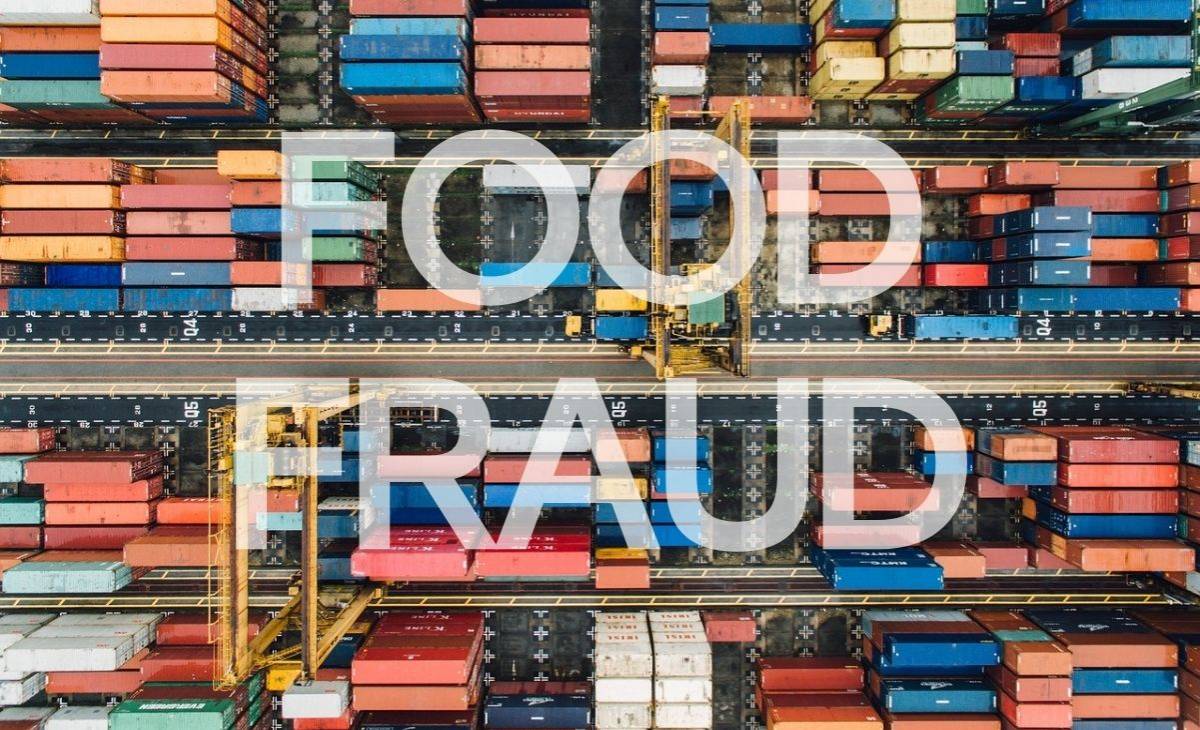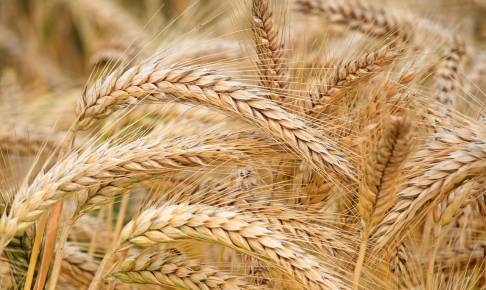Agri-food fraud activity increased in 2022, EU report reveals
The European Commission has released its 2022 Alert and Cooperation Network (ACN) report, which encompasses the Rapid Alert System for Food and Feed (RASFF), the Administrative Assistance and Cooperation network (AAC), and the Agri-Food Fraud Network (FFN). The findings indicate a notable rise in agri-food fraud activity, with RASFF remaining the most active network.
Throughout the year, 4 361 RASFF notifications were linked to health risks in relation to food or feed, while 2 554 AAC notifications reported non-compliance with EU agri-food chain laws that did not pose immediate health threats. Additionally, 600 suspected fraud cases were reported.
Of all RASFF notifications, 3 904 pertained to food, with the remainder relating to feed and food contact materials. Pesticide residues in fruits and vegetables accounted for the largest number of notifications (990), a 20% decrease from 2021. The most common pesticides identified were chlorpyrifos, ethylene oxide, 2-chloroethane, and chlorpyrifos-methyl.
Pathogenic microorganisms were the second most reported food hazard, with Salmonella topping the list at over 600 notifications. Listeria monocytogenes and E. coli followed, with 132 and 41 notifications respectively, primarily found in animal products.
In 2022, RASFF received 41 foodborne outbreak notifications. Salmonella was the most likely cause in a dozen cases, followed by Listeria monocytogenes, histamine poisoning, and norovirus. Seven notifications involved multi-country outbreaks.
Mycotoxins emerged as the third main hazard category, with 485 notifications primarily related to aflatoxin detection in nuts, nut products, and seeds. Allergens were cited in 210 notifications, mainly in cereals and bakery products, with milk being the most frequently reported allergen.
Border rejections saw an increase from 2021, with official controls, company checks, and consumer complaints being the top reasons for reporting.
Germany was the most active RASFF notifying country with 586 reports, followed by the Netherlands, Belgium, and Poland.
Poland, the Netherlands, and France were the top EU countries in terms of origin, while Turkey and India were mainly cited for pesticide residues.
Pesticide residues in fruits and vegetables from Turkey and Salmonella in poultry meat products from Poland were the leading causes of RASFF notifications. Issues with food contact materials from China ranked third, followed by Salmonella in nuts and nut products from Nigeria, and aflatoxins in the same product category from the United States. Salmonella in herbs and spices from Brazil came sixth.
In the AAC system, Germany generated over a third of all notifications, with Belgium and Austria each contributing around 10%. Two-thirds of notices involved EU goods, while a third originated outside the EU. Over 85% of notifications pertained to food, predominantly fruits and vegetables. Faulty labeling or claims were the main violations, followed by non-compliant composition, improper documentation or controls, and incorrect processing or storage conditions.
FFN notifications increased to 600 from 407 in 2021, with Germany, Belgium, and France being the leading countries reporting fraud suspicions. Mostly, EU goods were involved (75%), with China and India being the most common non-EU origins.
Issues with live animals persisted, with numerous cases involving smuggling, illegal trade, and forgery, with consignments of animals that have not undergone the necessary controls or are not fit for human consumption. Notifications for fish products often featured substitution with lower-value species and the use of unapproved, undeclared treatments or processes.
Source:






















